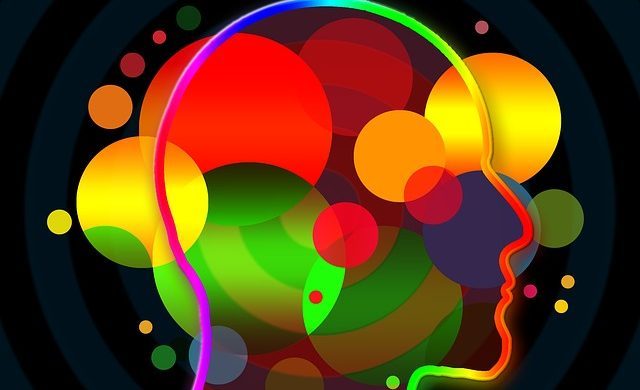What I didn’t realize…was a lot
When you’re born with a nervous system that experiences the world more intensely than most, and/or that doesn’t respond as much as most, it takes a great deal of energy to do things that everyone else takes for granted.
But here’s the weird thing. I was so used to my experience of the world, that I didn’t realize it wasn’t how everyone else experienced the world. It was my normal.
Sure, I always knew I was sensitive to sounds and lights and had strong preferences about clothes and food and all sorts of things, but until I started a deep dive into my own sensory profile, I didn’t notice how much these things were affecting me in hundreds of little ways throughout my life. Or how much they were getting in the way.
Once I noticed, I could do something about those things, and that gave me power over my own body and my life. It opened up choices that I didn’t have before.
Not my fault
It also helped me realize that I was using far more energy than most people just to get through the day. And that was, in some ways, a huge relief. To know that when I was tired, or burnt out, or couldn’t do as much as I saw other people doing, it wasn’t because I wasn’t good enough, it was because I was using up all my energy just to deal with my environment.
This is a story I’ve heard from hundreds of autistics and highly sensitive people. And I see it in my clients every day.
When your body is expending energy to ward off overwhelming sensory input, or to get enough input to feel safe, you simply don’t have energy to deal with minor frustrations, work towards goals, learn, or try new things.
And however much you are functioning, it is despite sensory issues, not because of them. Think of how much more you could achieve if you had that energy back and felt better.
It can get better
There’s actually a lot that can be done so that these things are no longer barriers to living the life you want to live. One good option is sensory integration therapy. (Not desensitization. That’s a different thing, and not something I recommend.) Sensory integration is usually done with an OT, and I’ve had some and it has helped me personally, but it’s not what I do with my clients. I work from a different angle.
I help autistic adults, teens, and their families figure out each person’s unique sensory profile, develop a nuanced awareness of what you need in each moment, how to get it without being controlling or domineering (a.k.a. better communication), and ways to calm and regulate your own nervous system so that you can function at your best.
This can be done as a complement to integration therapy, or as a standalone. And it actually isn’t that hard, it’s just something that we’re not used to doing in this society. I’d love to help you get started noticing your own sensory needs at a deeper and more nuanced level than you probably have before.
Bottom line…there is hope.




